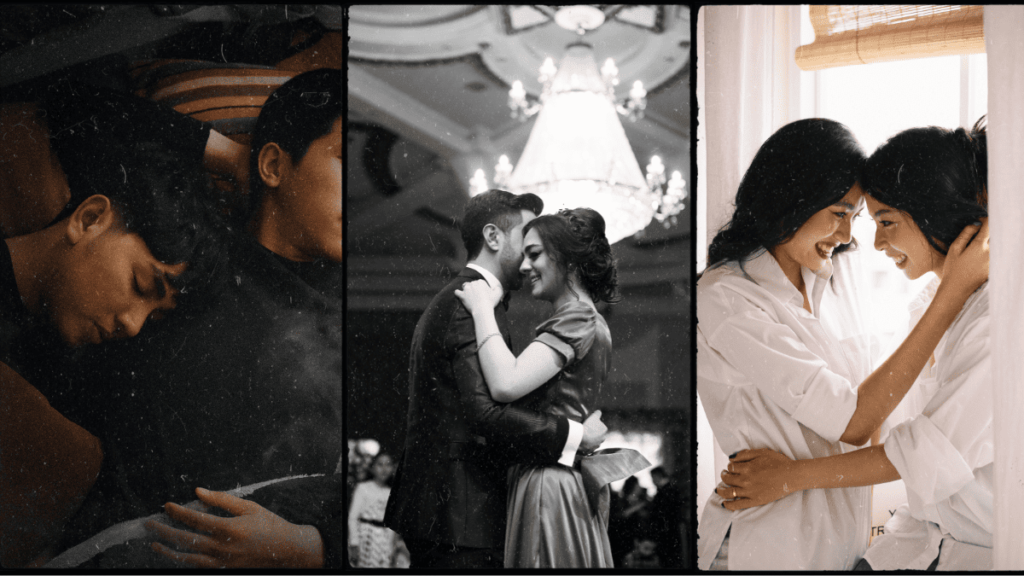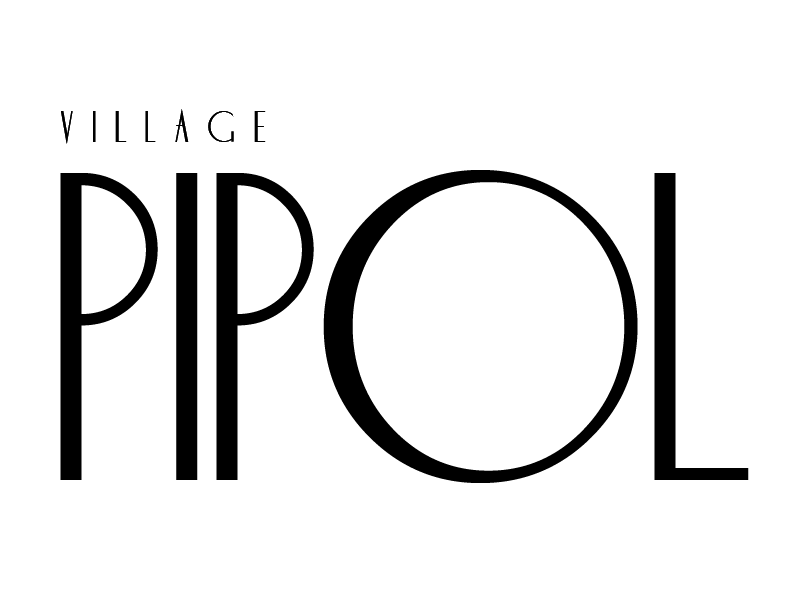Single and Thriving in a Relationship-Oriented Society

This generation is challenging societal norms and reshaping narratives that once felt fixed. From embracing the LGBTQIA+ community and supporting same-sex marriage to advocating for abortion rights and redefining single life and the DINK lifestyle, we’re driving a cultural transformation.
Recent data from the Philippine Statistics Authority shows that 39.7% of individuals aged 10 and older are staying single. In Filipino culture, turning 22 often brings questions about marriage and family, particularly for women expected to prioritize family over career.
What is DINK?
Thanks to social media, the term DINK has gained popularity in recent years, though it was first coined in the 1980s. DINK stands for “Dual Income, No Kids” and has since evolved to describe various lifestyle choices. Such as:
- DINKWAD (dual income, no kids, with a dog)
- DINKWAH (dual income, no kids, with a house)
- DINKWAC (dual income, no kids, with a cat)
- DINKWAP (dual income, no kids, with a pet).
- DINKY (dual income, no kids yet)

People living the DINK lifestyle aim high, seeking a more fulfilling life for themselves or their future families. Many couples are embracing this lifestyle, challenging the traditional belief that marriage and family are the ultimate goals.
I’m Not a DINK, I’m Single—Is That Okay?
Being single in today’s generation is completely valid, and there’s nothing wrong with choosing yourself! Many of us stay single to build careers, establish our identities, heal from the past, or support our families as breadwinners. Building a family is a big responsibility, and we’re not here to blindly follow societal norms.
Most of us avoid extended family dinners because we hear questions like, “Kailan ka mag-aasawa?” or “Si kwan, mas bata pa sayo pero may pamilya na, ikaw kailan?” Some even try to set us up with their “kumare” or “kumpare” kids. But here’s the truth—walking away from that dinner is easier than building a family when we’re not physically, mentally, emotionally, or financially ready.
Why Do Many People Choose to Remain Single, or Couples Opt for the DINK Lifestyle?
We’re all busy healing our inner child and valuing our freedom. This isn’t just about finances—it’s also about the time we carve out for ourselves. We spoil ourselves for even the smallest achievements: an ice cream after surviving an eight-hour shift, a spa session after a big presentation, or simply enjoying a coffee after a rough day.
We’re all focused on giving ourselves the best we didn’t have when we were young.
Aside from the high cost of having children, being single and living the DINK lifestyle gives us the freedom to travel whenever we want—and that’s the goal! We explore the world, feel the breeze in every country, watch sunsets on different beaches, experience sunrises from mountaintops, surf oceans, and savor cuisines across every continent.
Some are truly selfless, choosing not to bring a child into a world that is often cruel. They see today’s struggles and don’t want their children to face its harsh realities. Others choose not to have kids to protect them and break the cycle of generational trauma, sparing future generations from wounds they didn’t cause.
No Apologies, Just Choices
And lastly?
It is not only normal, but essential, for a woman to choose her own path in life. We’re no longer bound by the constraints of the past—women now have the freedom to choose themselves.
Being single in a relationship-oriented society isn’t bad, and we should normalize the choice not to have children. We shouldn’t let this decision be frowned upon or dismissed with phrases like, “Sayang ka, walang mag-aalaga sayo pagtanda mo.” We’re not obligated to rely on our children for care in old age.
The truth is, life is about the freedom to make our own choices, regardless of societal expectations. Whether we stay single, build careers, travel the world, or live for ourselves, we reflect autonomy and strength.
We should embrace these choices without guilt, because the only validation we truly need is our own. It’s time we stop seeing the absence of children or a partner as a void to be filled, and start seeing it as a life full of possibility and self-determination.
Gerie is a passionate writer who transforms everyday moments into enchanting stories. Writing feature and lifestyle pieces is her strength for over a decade. She served as the 25th and 27th Features Editor of The Communicator, the student publication of the PUP College of Communication. She writes a wide variety of topics and surely reading her articles are like a cozy cup of tea on a rainy day.






